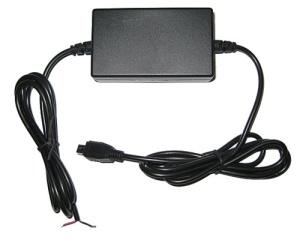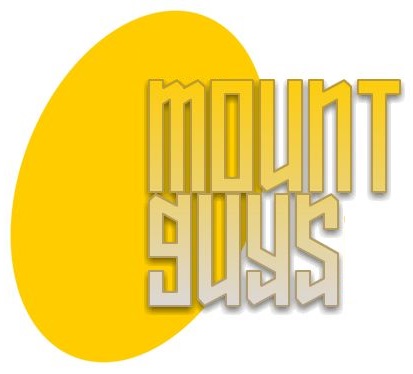 Many GPS owners, especially motorcycle owners, would like to power their GPS while in use. For most car owners, it’s an easy task to simply use the included charger and simply plug into the accessory port. Not so for a motorcycle. If not one of the lucky few to have an accessory port on your motorcycle, the likely solution is to either wire up an accessory port or hardwire your GPS to your motorcycle battery. I always like to steer this task towards a motorcycle dealer but many motorcycle owners have the confidence and sometimes the ability to do it themselves.
Many GPS owners, especially motorcycle owners, would like to power their GPS while in use. For most car owners, it’s an easy task to simply use the included charger and simply plug into the accessory port. Not so for a motorcycle. If not one of the lucky few to have an accessory port on your motorcycle, the likely solution is to either wire up an accessory port or hardwire your GPS to your motorcycle battery. I always like to steer this task towards a motorcycle dealer but many motorcycle owners have the confidence and sometimes the ability to do it themselves.
Your GPS likely uses a mini-USB plug and you will need to purchase a hardwire adapter that includes a USB cable included. You will also need to match up the power requirements. Most GPS units are 1-2 AMPS so ensure you aren’t buying a 1AMP hardwire adapter for a unit that draws 2AMPS. Also, and this is important, buy one with a fuse in the middle and that will step the power down to the voltage needed for your GPS. We have heard of some do it yourselfers that simply cut the DC charger port off the cable then tried to hardwire using the remaining cable. This is a bad idea and will likely damage your GPS and potentially your bike so please do not do this. Purchase a cable intended to work with your GPS and that has a fuse and a power regulator in between the power source and your unit. Also, be sure to purchase a cable that is made for your brand of GPS. Garmin in particular uses a proprietary pin pattern on the USB port. If you use a cable that is not made with that Garmin pin pattern, your GPS will go into data mode and you will not be able to use it while it is plugged into the cable. We see that happen a lot on cheap cables that are general purpose and not made for a GPS. This is why we recommend the Garmin Hardwire Cable which is manufactured by Garmin themselves. Sure, it’s a few dollars more but you know you will be purchasing a hardwire cable made specifically for a Garmin GPS.
Another factor to consider is traffic updates. Many units, especially those made by Garmin, actually use the charger cable as an antenna for the traffic updates. A hardwire cable is not going to receive traffic updates. To get around this limitation, purchase an accessory port kit made for motorcycles. There will be a hardwire on one end, a regulator in the middle, then a cigar-lighter like accessory port on the end. You can then use the traffic antenna / charger that came with your Garmin and simply plug it into there. Incidentally, you can use this approach for powering other devices too including your phone if you are using that for GPS purposes. Our favorite hardwire kit for this purpose is the BlueFire 5V/2.1A Dual USB Charger Socket. Not only does this kit have the DC outlet to plug your charger into, it also has a USB port to plug your smartphone’s cable into.
For those using their smartphones for navigation, you will find that most GPS apps suck up your battery very quickly so you may want to consider adding a hardwire for your phone. Hardwire additions are available with integrated USB ports and with a DC outlet. Just be sure the outlet will push out enough power for your phone. The phones with advanced capabilities typically need about 2AMPs but check prior to purchase. Using the Eklipes Cobra Charging System that we just mentioned is a great choice for this purpose as well as you simply need to supply a micro-USB or Apple Lightening Cable and just plug it into the USB port on the charging system.
Every hardwire kit is different. Most kits made for a motorcycle will attach directly to your battery. Normally it is a simply matter of matching up the red and black cables but be certain to read the instructions carefully or refer the job to a professional. You may also want to take a close look at the Battery Tender set of products and we have a good article on these here on our site. For cars, you can likely wire this into your car’s fuse box but again be sure you are capable of doing this yourself or refer the job to your mechanic.
